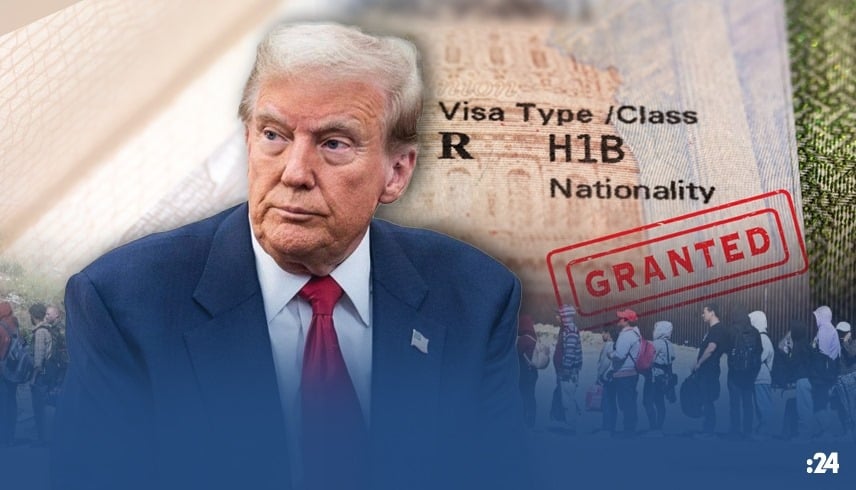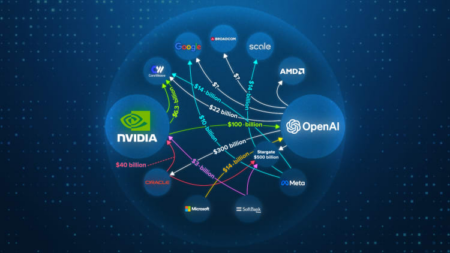Major U.S. technology companies have issued emergency guidance to employees holding H-1B visa following the implementation of new fees introduced by the Trump administration.
The fees, which take effect on Sunday, impose an annual $100,000 charge on highly skilled foreign workers, including engineers, scientists, and software developers.
Why the Imposed Fees Raises Concerns?
The move has raised concerns within the tech sector, which relies heavily on H-1B visas to hire top global talent. H-1B visas allow foreign professionals to work in the United States for a specific period, typically three years, extendable to six years.
Last fiscal year, tech giants Amazon and Microsoft alone received more than 15,000 H-1B visas, according to U.S. Department of Homeland Security data.
Tech Companies Advise Employees to Stay in the U.S.
In response to the new fees, companies like Amazon, Microsoft, and Meta have urged H-1B visa holders not to leave the United States until the new rules are fully clarified.
Employees currently abroad were advised to return before the fees take effect, as part of emergency instructions aimed at avoiding the high costs.
Financial institutions have followed suit. JPMorgan Chase, the largest U.S. bank by assets, reportedly advised H-1B employees against traveling outside the U.S..
While Goldman Sachs encouraged caution for all H-1B holders until the fee regulations are finalized.
White House Clarifies H-1B Fee Rules
The White House attempted to ease confusion by clarifying the new $100,000 fee structure.
According to White House spokesperson Caroline Levitt, the fees apply only once to new H-1B applicants and will not affect current visa holders or those seeking renewals.
The administration emphasized that the objective of the fee is to encourage companies to hire American workers.
Silicon Valley’s Reliance on H-1B Talent
H-1B visas are a critical tool for U.S. companies, particularly in Silicon Valley, to hire engineers, scientists, and IT professionals from abroad.
These visas are also widely used in healthcare, accounting, and banking sectors. Indian nationals represent the majority of H-1B holders in the U.S., accounting for approximately 71% of recipients.
The Indian Ministry of External Affairs expressed concerns that the new H-1B fees could have serious social and humanitarian consequences.
In a statement, the ministry highlighted that the migration of skilled talent to the U.S. has been pivotal in advancing technology, innovation, and economic growth for both India and the United States.
Read also: Will Trump Administration Fight Egypt’s Military Presence in Sinai with Power?
Industry Concerns and Next Steps
The sudden introduction of the $100,000 fee has created uncertainty for companies and employees alike.
Many tech firms depend on highly skilled foreign workers to maintain their competitive edge and meet project deadlines.
The emergency guidance issued this weekend reflects the urgency of the situation and the potential financial impact on both companies and H-1B visa holders.
As the U.S. workforce and global talent market adjust to the new regulations, industry experts emphasize the importance of clear communication and careful planning to minimize disruptions.
Companies and visa holders are closely monitoring updates to ensure compliance while safeguarding careers and ongoing projects








